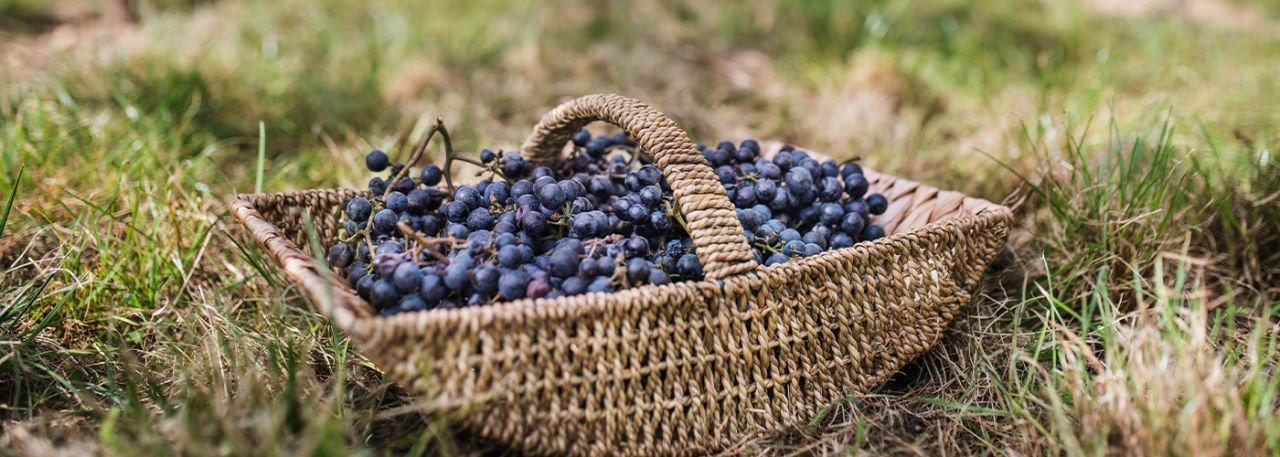BENEFITS OF GRAPE SEED OIL

BENEFITS OF GRAPE SEED OIL
Grapes are one of the oldest fruit species in the world that creates the Vitis genus, from the oriolidae family. (*) It is predicted that there are more than 15,000 grape varieties in the World. There are near 1,200 grape varieties in Turkey. Turkey ranks 6th in the world in grape production. Grapes has been grown in Marmara and Central Anatolia regions, especially in the Aegean Region. The grape itself, its kernel, stem and leaf are used in separate forms and shapes.
After extracting the seeds of ripe grapes, grape seed oil is obtained by cold press method. To learn more information about how herbal oils are obtained you can read our article "Herbal Oil Production Methods".
Many benefits of Grape seed oil have been proven by scientific researches. For more comprehensive information on the benefits of Grape seed oil, we recommend you to take advantage of scientific researches. Grape seed oil takes its part in food and cosmetics sectors. Grape seed oil is used in mayonnaise production, in salad dressings, oil infusions of herbs or spices, and to preserve the flavors of baked products such as waffles and pancakes for a long time. In cosmetic field, grape seed oil can be used in moisturizing creams and sun creams. You can use grape seed oil by applying a few drops to the needed area on your body, also by mixing it with other herbal oils or by dripping it into skin creams.
References; 1.Nutr Metab Insights. 2016; 9: 59–64. 2.David T. Nash, Stephen D. Nash, William D. Grant. Grapeseed Oil, A Natural Agent Which Raises Serum HDL Levels.Journal of American College of Cardiology, Vol. 21, No. 2, February 1993:318A 3.Maier T, Schieber A, Kammerer DR, Carle R (2009). Residues of grape (Vitis vinifera L.) seed oil production as a
valuable source of phenolic antioxidants. Food Chemistry 112: 551–559. How to Obtain Grape Seed Oil?
Benefits of Grape Seed Oil
Grape seed oil has anti-inflammatory, antimicrobial and cytotoxic effects.(1)
While reducing LDL which known as bad cholesterol, it helps to increase HDL which known as good cholesterol.(2)
Grape seed oil has anti-inflammatory effect.(3)
What are the Usage Areas of Grape Seed Oil?
How to Use Grape Seed Oil?
